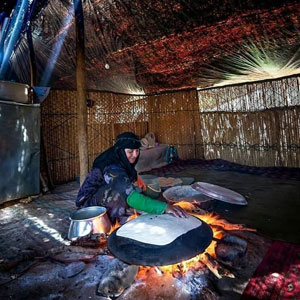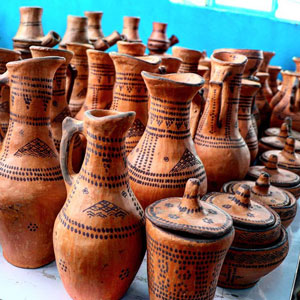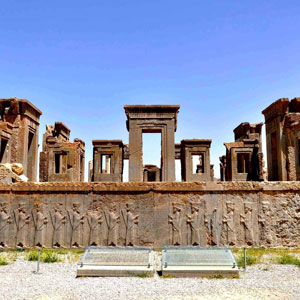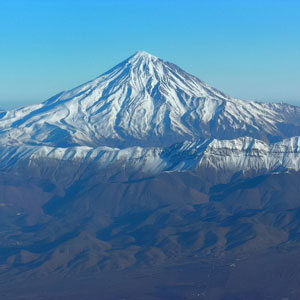 Signin with Google
Signin with Google Signin with Facebook
Signin with Facebook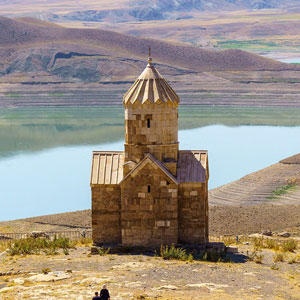 Places
PlacesChabahar, Iran's ever Spring Port
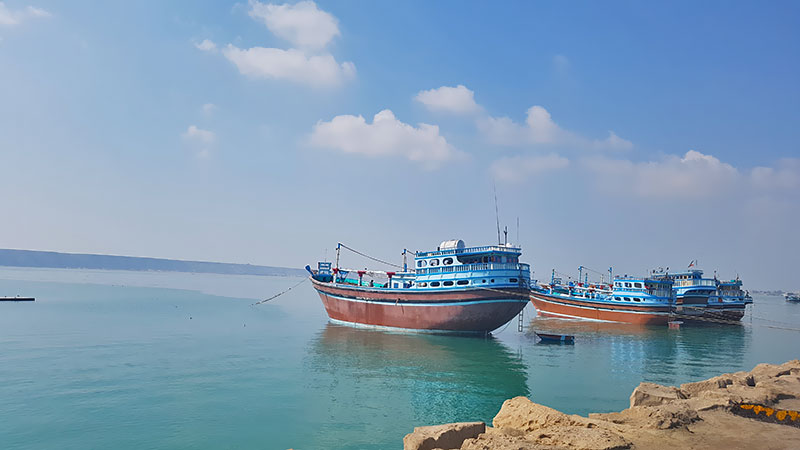
Chabahar, the land of wonders and mysteries
Deep southeast Iran, on the coastline of the blue Gulf of Oman, along the Makoran Mountains, in Sistan and Baluchistan province, the only oceanic port of Iran is located. Visiting Chabahar for the first time, you feel to be lost in another plant. It is a gem with lots of hidden wonders, a unique place of unbeatable landscapes with unsurpassed cultural beauties.
Named Chabahar or ever spring for its pleasant weather, always changing between 19 to 30 centigrades over the year. Chabahar is the warmest in winters among the Southern cities of Iran and the coldest place in the summertime.
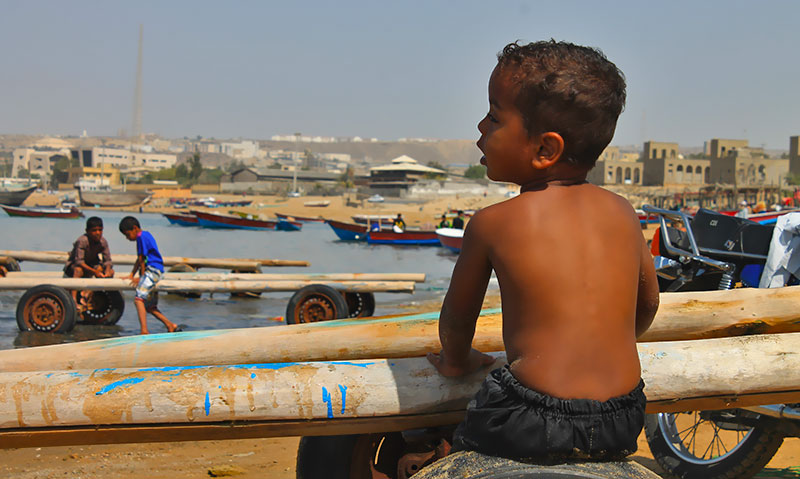
Named in the ancient records
In the Behistun Inscription, carved on imposing mountains of Kermanshah by Darius the Great, this southernmost harbour of Iran is referred to as Maka, the fourteenth satrapy (state) of the great Achaemenid Empire.
This land always had strategic and logistic importance over the centuries. So, it had seen hard days of invasions by Alexander the Great, the Arabs, the Portuguese and finally the English troops. Chabahar's suitable location has made it free trade and an international zone. The port is the closest and best way connecting Central Asia to international waters, the Gulf of Oman and the Indian Ocean.
Since 1970, during the Pahlavi era, Chabahar has got its modern face and ready to be a focal international transit point. Still, the 1979 revolution then the Iran-Iraq War postponed almost everything.

The Indian taste of Chabahar
The local bazaar of Chabahar as a lively anthropology museum is a perfect place to communicate with locals, enjoy their kindness and generosity, and discover the hidden aspects of their lifestyle.

Looking for street foods, bazaars can also answer this need. Chabahar enjoys a vibrant culinary culture affected by the Indian and Pakistani culture. There are lots of mouthwatering dishes you cannot find elsewhere in Iran. If you are fond of spicy foods, Chabahar local foods can be your heaven. Beside tasty fish and shrimp that are common in cities near sea, Havari, Karahi, Batt Mash, Hazari Kebab, Pakoureh, and Tanourcheh, are some yummy local foods will make your taste buds crave for, long after you have returned home. The Baluchi tea consists of tea and milk is complementary to this region’s gastronomy.

The art of giving colour to life by Balochs
Baluchs are renowned for their numerous cultural treasures and nobility. Ferdowsi, the great Persian poet, introduces Baloches as the bold and mighty soldiers of the King Keikhosro's army in Shahnameh, the longest Persian epic book. They are not only brave but also humble and generous that every tourist admits the extraordinary kindness and hospitality of them.
Although Baloch is a hierarchical community, respecting differences is a long-accepted issue. These noble Iranians learn to live together as a united society neglecting diverse ideologies and religious beliefs. The Balochs are mainly Sunni Muslims.
Like her sister port Gwadr Bay in Pakistan, Chabahar's air is filled with magical scents of spices and colours. The explosion of colours is not restricted to the stunning nature but in clothes of women. With a needle and colourful silk threads and stitches, Baluch women create magnificent geometric patterns and dazzling designs on their clothing inspired by nature.

Soozan Doozi or Balochi embroidery show their passion and creativity to change their simple scarf and pashk (knee-length dress) and shakwar (trousers) to an elegant piece of art. Unlike women's dress, men's clothes have no decoration. Men wear jumag, a loose, knee-length dress with shalwar, baggy trousers to keep the style of their Sassanid ancestors.
The Balochs' rich culture is full of traditions, rituals, and arts. Music is an integral part of this culture. On different occasions it has strong presence: on Eid al-Fitr and Eid al-Adha, two most important Islamic religious festivals, when the groom goes to his bride's house to begin a happy life with his bride's family, when a mother gives birth to a baby, or when men do their daily choirs while fishing and sailing. Balochi music is similar to Indian and Pakistani music. Suroz, tabla and the flute are conventional Balochi musical instruments.

Heaps of the Geo-heritages of Chabahar
There are several unique natural attractions and land formations around Chabahar some of them are as Lipar pink lake, jagged shaped Martian Mountains, Beris Beach, fascinating Hara sea forests, or extraordinary mud volcanos.

The picturesque beaches and coastlines of Chabahar are must-see once in a lifetime experience you. Imagine sitting on sands, relaxing and enjoying the sun sinking in the calm golden hue sea or feel the sprinkled water and cool breeze on your face when the high tides are hitting the rocky beaches. A particularly wonderous phenomenon is the presence of Phytoplankton like a sparkling blue patch of stars near the coastline as it gets dark.
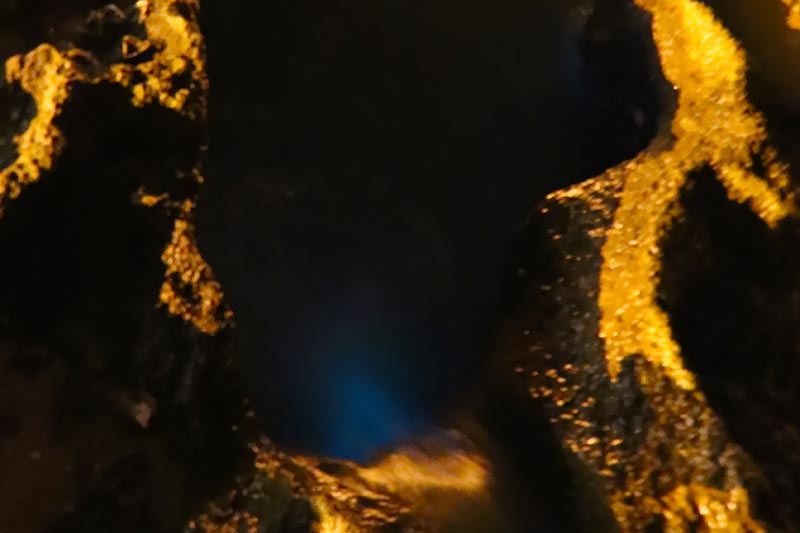
The beaches of Chabahar are also suitable for many exciting water sports such as surfing, water skiing, diving and snorkelling. Sahel e darya bozourg is the most stunning beach of Chabahar for good reasons, an elevated rocky terrace over the turquoise water.

Chabahar is a real wonderland giving opportunities to thousands of tourists with diverse preferences. Known as the gate of trading for years, now its unusual rare nature, magnificent historical sites, hospitable people, and their untouched culture attract so many adventurous visitors during fall and winter.
By Samaneh Zohrabi / TasteIran

